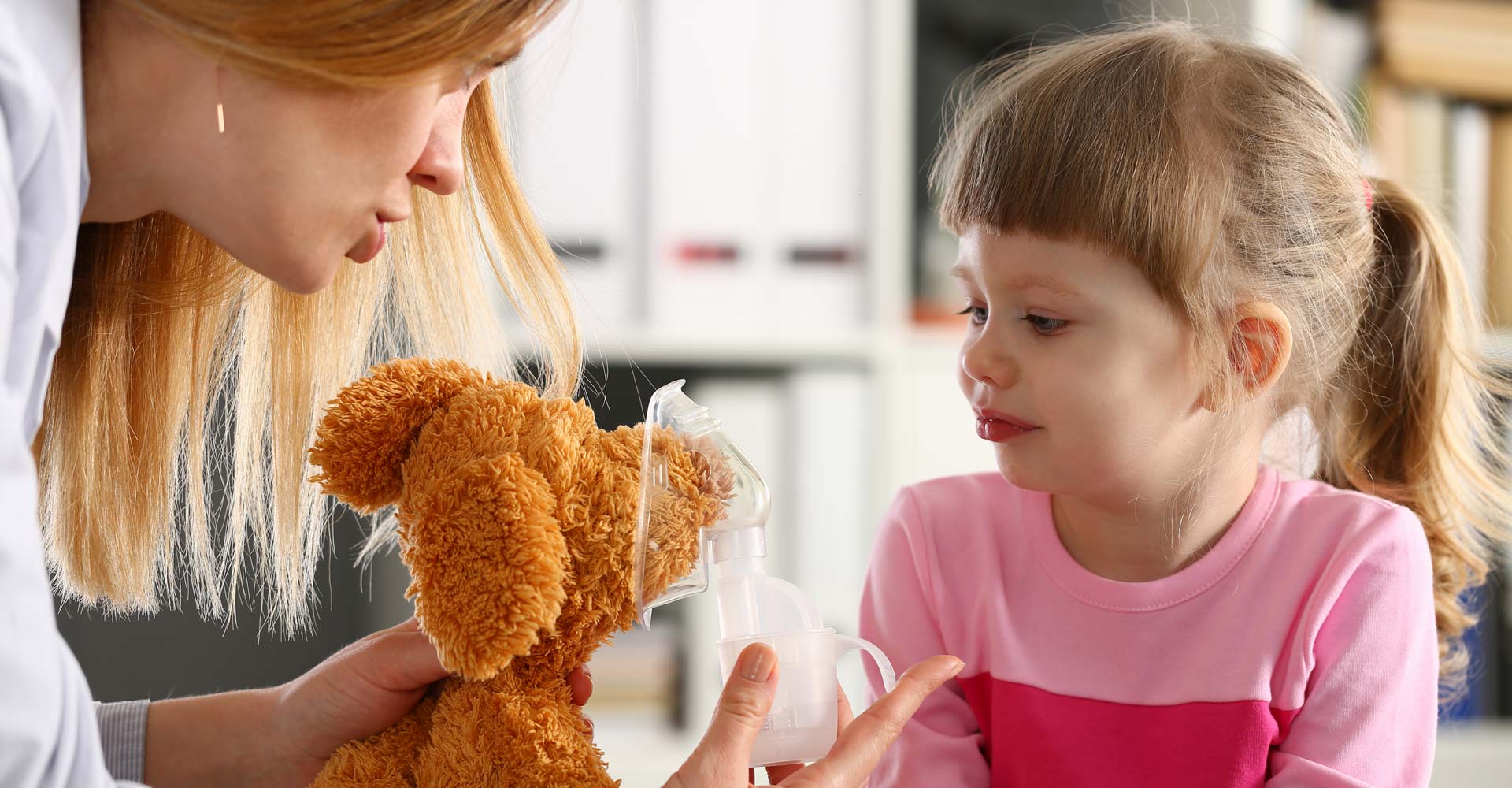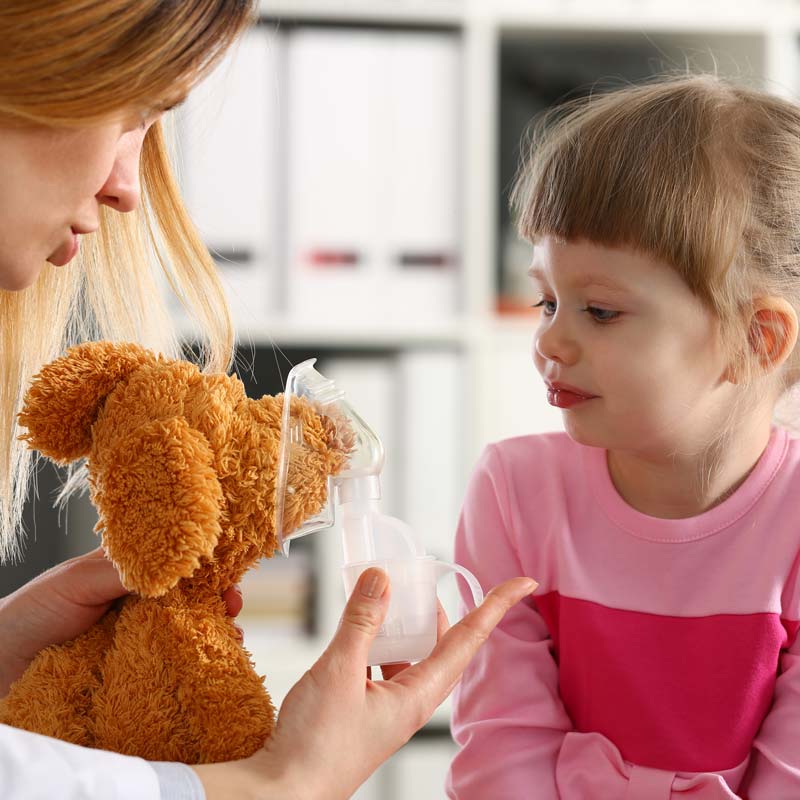Asthma symptoms typically come and go and vary from person to person. If you have asthma, you may frequently experience difficulty in breathing, chest tightness, cough or wheeze especially after exercise or when you have an allergy or cold.
During an asthma attack, the sides of your airways become swollen, squeezed and produce more mucus than normal. Consequently, moving air in and out of the lungs becomes difficult and the typical symptoms of asthma begin to appear. You may have trouble breathing, your chest feels tight and you may hear a wheezing sound when you breathe or cough.
Try breathing through a thin straw, that is what asthma can feel like!
Some people describe asthma symptoms as “trying to breathe under water” or “having a burden on the chest”. When you have an asthma attack, it may resemble a panic attack, however it is important to distinguish between the two because asthma is not a psychosomatic disorder but a chronic disease.
If asthma is severe or uncontrolled, it places a physical, mental, emotional, social and economic burden on patients. It is important to diagnose and treat asthma, even if your symptoms are mild, to help you prevent severe attacks and keep your asthma under control.
About your asthma symptoms
Wheezing: A whistling sound when breathing out.
Shortness of breath: You feel like you are not getting sufficient oxygen and need to breathe harder, quicker and/or deeper.
Chest tightness: A feeling of pressure or heaviness on the chest.
Cough: Some people with asthma have a dry cough, namely one that does not produce mucous.

